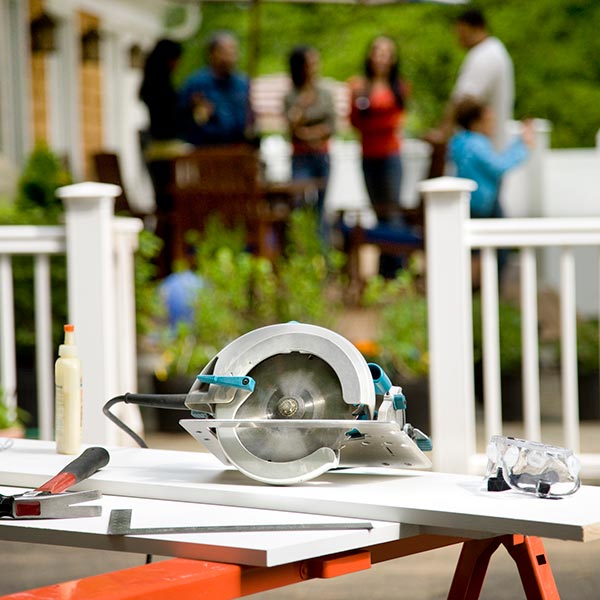
| Products | Rate* | APR* |
|---|---|---|
| Conventional 30 Year Fixed | 3.999 % | 4.192 % |
| VA 30 Year Fixed | 3.375 % | 3.872 % |
| FHA 30 Year Fixed | 3.375 % | 4.399 % |
A cash-out refinance replaces an existing mortgage with a new loan with a higher balance, sometimes with more favorable terms than the current loan. The difference between these two loans is distributed to the homeowner as cash.
Common uses of a cash-out refi include paying off credit card debt, financing a business, covering college tuition, managing unexpected expenses, and making improvements to one’s home.
A cash-out refi differs from a traditional mortgage refinancing, which simply replaces your current loan with a new loan that has a new set of terms and, in many cases, a lower interest rate. A cash-out refi also differs from a home equity line of credit (HELOC), which allows you to borrow cash using the home-equity as collateral. HELOCs function as a second mortgage, with the borrower, withdrawing and repaying funds on a more flexible schedule, and the government allowing a tax deduction for interest payments.* Unlike traditional first or second mortgages, a HELOC interest rate is not fixed; the rate varies from month to month with the prime rate.
The three most popular cash-out refinance options are:

There are a number of common reasons homeowners choose cash-out refinancing over other options. Here are some scenarios in which it may be worth considering a cash-out refinance:
Even if you find yourself in a situation like the above, you should carefully consider your decision and be sure a cash-out refi makes sense.
*Consult a tax adviser for further information regarding the deductibility of interest and charges.
Using the equity in your home is a great way to get quick access to cash, but it’s also important to decide whether a cash-out refinance makes sense for you overall. The most important question to ask is, “What are my goals?”
If you’re looking to use cash to fund an exotic vacation, cash-out refinancing may not be worth the potential long-term cost. However, if you’re planning to use the money to pay off high-interest debt or renovate your home, the monthly payment savings or home value might make long-term financial sense.
Beyond your personal goals, there are other factors you should take into consideration.

Here are some additional questions you should ask yourself before applying:
Tip: Want to see how cash-out refinancing will change your monthly payments? Enter your info into our Refinancing Calculator to get an instant estimate.
**By refinancing your existing loan, your total finance charges may be higher over the life of the loan.
Similar to when you applied for your original mortgage, you will be required to provide all of the necessary documents to prove your borrowing worthiness and you will be responsible for closing costs, though you may have the option to roll some costs into your loan amount.
Some of the documentation required may include:
